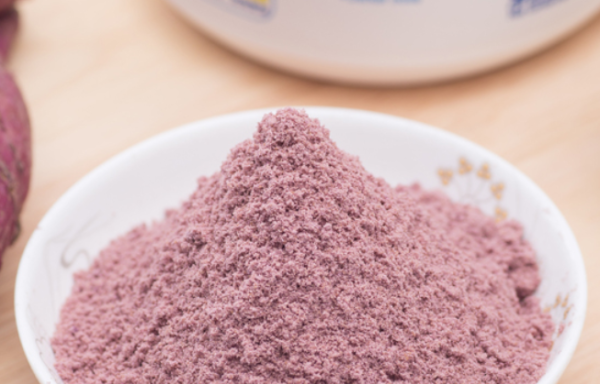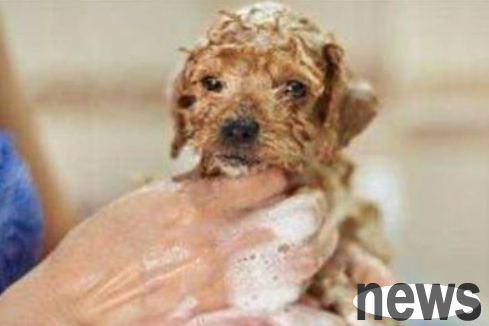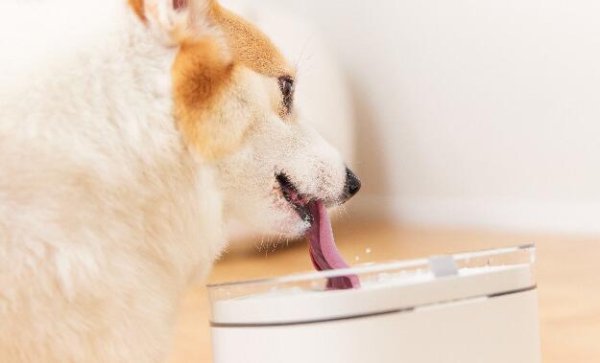A complete analysis of four types of stomach diseases that dogs are prone to
1. Acute gastrointestinal catalactia
[cause]
Gastrointestinal catalactia, i.e. catalactia gastroenteritis, is an inflammation of the surface layer of the gastrointestinal mucosa, accompanied by gastrointestinal innervation disorders and digestive dysfunction.
Dogs are prone to four stomach diseases, and see how the symptoms and treatment methods are caused.
Dogs with a loss of appetite or loss of appetite. Sometimes they appear to have licking habits, swallowing unpleasant, bitter, and disgusting items, and have a strong appetite. Bad breath and yawning. The intestinal sound is sparse and sometimes constipation. The abdominal pain is obvious, the two front limbs are stretched forward, and the body is lying in the cold and dark place. Palpate the stomach, sensitivity, pain. Vomiting is one of the main symptoms, starting to spit out mucus and gastric juice, sometimes mixed with blood, bile and mucosa fragments. Due to vomiting, symptoms of dehydration appear, depression of eye sockets, and reduced skin elasticity.
【Treatment】
Food therapy: You should stop eating for 24 hours and restrict drinking water. After 24 hours, porridge, etc. were given. Be careful to eat less and more meals.
Eliminate stomach contents: vomiting may not be stopped at the beginning of the disease. Suppressing vomiting is harmful because of stomach bloating or irritating substances. Vomiting can relieve the burden on the stomach and excrete harmful contents. At the beginning of the disease, you can first use 3-5ml of apomorphine hydrochloride to induce vomiting by subcutaneous injection to excrete harmful substances from the stomach. If necessary, give the dog 20-50ml of paraffin oil or perform an enema, which can quickly remove the contents of the stomach.

Sedative and sedative: Rest quietly, intramuscular injection of chlorpromazine 1ml/kg body weight, and give oral 1-2 tablets of metoclopramide twice a day. You can drink coffee from time to time, or chamomile tea can be used as a beverage, which has the effect of relieving vomiting. Severe vomiting can cause water and electrolyte imbalance. Compound sodium chloride solution or 5% glucose solution can be injected intravenously.
Gastric and pain relief: In order to stimulate the secretion of gastric juice and relieve appetite, dilute hydrochloric acid is given. The dog is 0.2-1.0 ml three times a day, diluted with water and then taken. 0.1-0.5g of pepsin, add dilute hydrochloric acid, etc., dissolve in water, and take it before feeding. Put 10-20 drops of bitter tincture or gentian tincture in water and take it before feeding. Give yeast tablets, lactase, etc. to promote increased appetite.
[Guidelines for medical guidance]
Acute gastrointestinal cattle in dogs is a common type of disease in clinical practice. It is mostly caused by improper feeding, excessive meat consumption, or intake of spoiled food, indigestion, etc. It is clinically characterized by digestive disorders, vomiting, diarrhea, abdominal pain, fever and metabolic acid (alkali) poisoning. This disease can be seen in dogs of all ages, genders, and breeds. Due to weak constitution and digestive function, the incidence of gastrointestinal diseases is relatively high.
Acute gastric catarax in dogs is a common digestive tract disease. It is mostly caused by eating foods that are difficult to digest or spoiled. A large amount of vomiting of sick dogs causes loss of water and become thirsty and greedy for drinking, but drinking a lot of water can aggravate the vomiting symptoms of sick dogs. Finally, he screamed and struggled everywhere, his eyes were sunken and he lost water. If the rescue was not promptly or the treatment was improper, it would cause the death of the pet dog. Therefore, the little owners must pay attention to the scientific feeding and management of dogs, ensure that the feed and drinking water are clean, and do not feed moldy and fatal feed; feed should be regularly and regularly prepared and feed should be prepared.

2. Chronic stomach kata
[cause]
(1), acute stomach kata experiences incurable or repeated movements, and becomes chronic stomach kata.
(2), Foreign objects remain in the stomach, causing the gastric mucosa to be subjected to long-term chronic stimulation and causing the disease.
(3), neuronal and endocrine dysfunction can also cause chronic gastric cattle. Symptoms
(1), depression, appetite is sometimes good and sometimes bad, stubborn vomiting often occurs after eating, and sometimes manifests as heterophilia.
(2), Sick dogs and cats are malnourished and weak, showing progressive weight loss. There are a few cases where anemia occurs, with pale visual mucosa and sometimes yellow.
(3), Sometimes it shows abdominal pain and when there is bleeding in the stomach, the feces are black.
【Treatment】
Strengthen management: Strengthen feeding management and actively treat primary diseases. Give nutritious and digestible foods, feeding them in small amounts and multiple times.
Gentering and relieving spasms: When gastric acid is deficient, take orally 0.2-0.5 ml dilute hydrochloric acid, 0.1-0.5 grams of pepsin, 3 times per day, or bitter stomach-enhancing medicine. When gastric acid is secreted too much, take 0.1 to 0.5 grams of proglutamine orally, 3 times per day, or 5 to 10 mg of methyl meliminyl per kilogram of body weight, 2 times per day.
Symptom-based treatment: In case of vomiting, intramuscular injection of vitamin B6 0.1 to 0.4 grams, 2 times per day. During bleeding, intramuscular injection of 2 to 4 ml of Anluo blood, 3 times per day. In cases of anemia, 20-100 mg of iron dextran was injected into deep muscle; or ferrous sulfate orally, 0.05-0.5 grams of dogs, 0.01-0.05 grams of cats, 2 times per day. If you have abdominal pain, intramuscular injection of 654-2, 0.3 mg of dogs, and 0.1 mg of cats; to eliminate inflammation, intramuscular injection of gentamicin 30,000 to 60,000 international units, 2 times per day, etc.
【Guidelines for Medical Instruction】
Chronic gastric catalactia is a nonspecific inflammation of gastric mucosa atrophy, hypertrophy, and severe deficiency of gastric digestive fluid. This disease is often found in elderly dogs and cats. We usually use intestinal stomach-enhancing medicine to treat chronic gastric catalactia in horses with little effect.
Some tissues and organs in the digestive system are subjected to mechanical damage and toxins to varying degrees, resulting in digestive dysfunction and insufficient nutritional supply. Therefore, sick dogs have long diarrhea, anemia, abdomen, edema, physical weakness, fatigue, weakness, and loss of appetite. Therefore, after eliminating the parasites in the body, Chinese medicine must be used to strengthen the body and eliminate evil, strengthen the spleen and qi, and stop diarrhea. Only by taking a two-pronged approach can we restore gastrointestinal function, enhance physical fitness, and improve the body's immunity.















